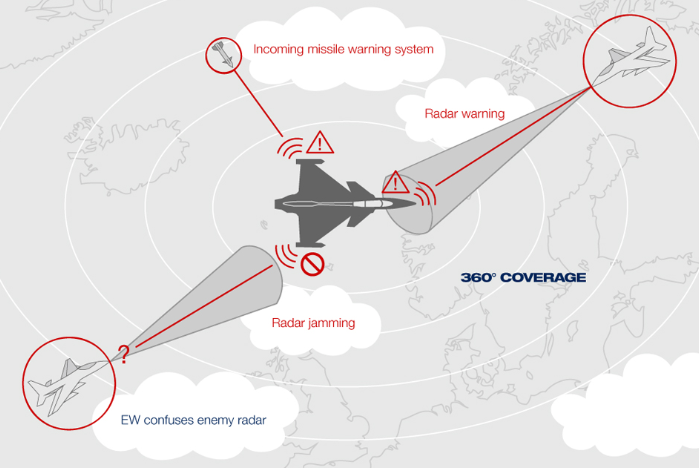How TRIPS and the WTO Perpetuate Economic Imperialism in Developing Nations
- Ingrid Jones
- Trending
- World News
- August 22, 2024

Image Credit, TungArt7
The Trade-Related Aspects of Intellectual Property Rights (TRIPS) program under the World Trade Organization (WTO) is often hailed as a mechanism to protect intellectual property on a global scale, yet its implications for developing nations have been catastrophic. The program’s structure and implementation are not just tools of protection for the intellectual property of developed nations but have also become instruments of economic exploitation. By enforcing stringent intellectual property laws globally, TRIPS disproportionately benefits wealthy nations that hold most of the world’s patents while stifling innovation and access to essential technologies in developing countries. This creates a modern form of economic imperialism, where developing nations are systematically stripped of their resources and potential for growth under the guise of international trade regulations.
The irony lies in how TRIPS, in theory, was supposed to harmonize intellectual property laws across borders, but in practice, it has led to the deepening of economic inequalities. Developed nations, particularly the United States and the European Union, leverage the TRIPS program to maintain their dominance in global trade by securing exclusive rights over innovations, medicines, and technological advancements. These nations, already well-established and resource-rich, use TRIPS to ensure that developing countries remain dependent on them for access to these crucial resources. The strict enforcement of patents under TRIPS means that life-saving medicines, agricultural technologies, and other critical resources are priced out of reach for many developing nations. This ensures that the wealth gap between developed and developing nations continues to widen, as the latter are forced to allocate a significant portion of their meager budgets to pay for expensive imports.
The situation is further exacerbated by the International Monetary Fund (IMF) and the World Bank, which often provide loans to these developing nations under stringent conditions that only worsen their economic plight. These loans, which are usually tied to Structural Adjustment Programs (SAPs), mandate that borrowing nations implement neoliberal economic policies such as privatization, deregulation, and cuts to social spending. Such policies rarely, if ever, lead to the promised economic growth. Instead, they plunge countries into deeper debt and economic instability. As these nations struggle to meet their debt obligations, they are forced to cede control over their natural resources to multinational corporations, often from the same developed nations that control the WTO and TRIPS program. This creates a vicious cycle where developing nations are perpetually indebted, their economies hollowed out, and their resources extracted for the benefit of wealthier nations.
Take, for example, the case of South Africa during the height of the HIV/AIDS crisis. The country was in dire need of affordable antiretroviral drugs to combat the epidemic. However, under the TRIPS agreement, pharmaceutical companies from developed nations held patents on these drugs, allowing them to charge exorbitant prices. South Africa, unable to afford these prices, faced international pressure and legal threats when it sought to produce generic versions of the drugs. It was only after significant international outcry that a compromise was reached, but by then, countless lives had already been lost. This is a stark illustration of how TRIPS prioritizes the profits of pharmaceutical companies in developed nations over the health and wellbeing of people in developing countries.
Similarly, the experience of Latin American countries under IMF and World Bank programs highlights the destructive nature of these loans. In the 1980s and 1990s, countries like Argentina and Brazil were forced to implement harsh austerity measures as a condition of receiving loans from these institutions. These measures led to widespread poverty, unemployment, and social unrest, as public services were slashed and industries were privatized. Far from fostering economic recovery, these policies resulted in economic stagnation and an increased dependency on foreign aid and investment. Natural resources, once a potential source of wealth for these nations, were handed over to foreign companies, further entrenching the economic dominance of developed nations over their developing counterparts.
The fallout from these programs has led many developing nations to seek alternatives outside of the traditional Western-dominated financial institutions. The rise of BRICS (Brazil, Russia, India, China, and South Africa) and their associated financial institutions like the New Development Bank offers a glimpse of hope for a more equitable global economic order. These nations, recognizing the exploitative nature of the WTO, IMF, and World Bank, have started to create financial and trade systems that bypass these institutions altogether. This shift signals a growing awareness among developing nations that their participation in the global economy under current terms is not in their best interest and that alternative systems are necessary for true economic sovereignty.
For too long, the TRIPS program and the broader framework of the WTO have functioned as tools of economic subjugation, ensuring that developed nations maintain their grip on global power. Meanwhile, the IMF and World Bank continue to bind developing nations in a web of debt and dependency, stripping them of their resources and future potential. The promise of development through these institutions has proven to be a false one, with devastating consequences for the world’s poorest nations. It is time for a reevaluation of these global structures, and for developing nations to chart a new course that prioritizes their own growth and prosperity over the interests of the wealthy few.








